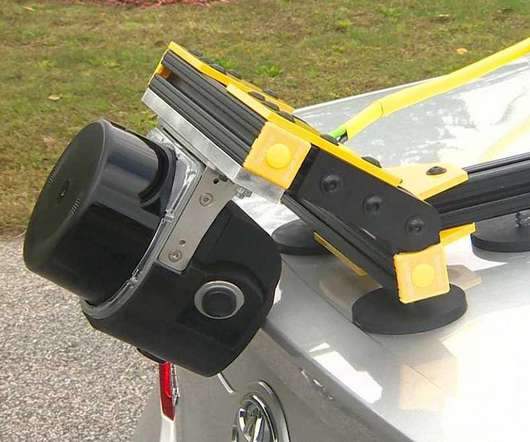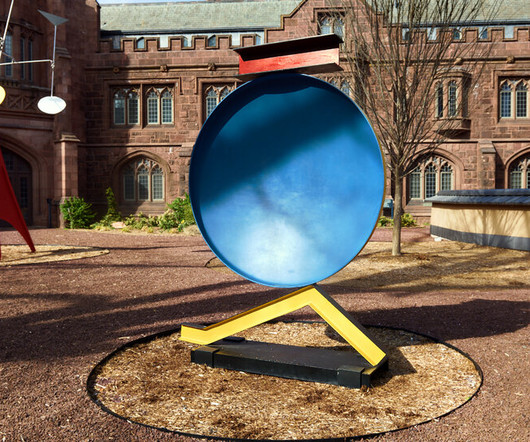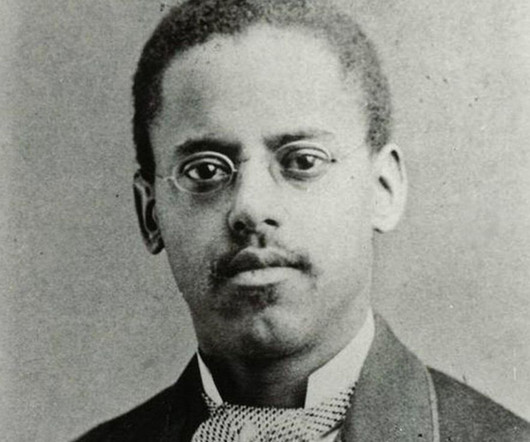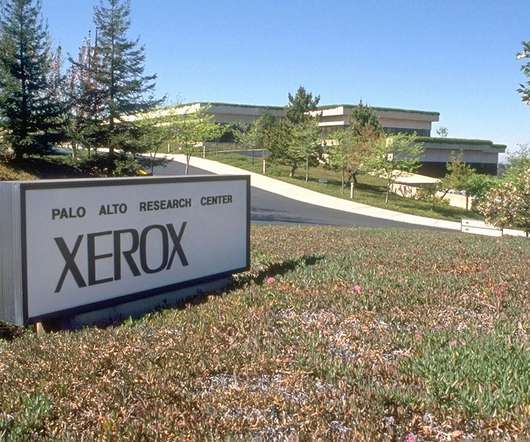DOE: California, Connecticut, and New York top fuel cell states
Green Car Congress
NOVEMBER 18, 2016
According to the newly released State of the States: Fuel Cells in America 2016 report from the US Department of Energy’s (DOE) Fuel Cell Technologies Office (FCTO), the top three hydrogen and fuel cell states in the US are California, Connecticut, and New York.



























Let's personalize your content